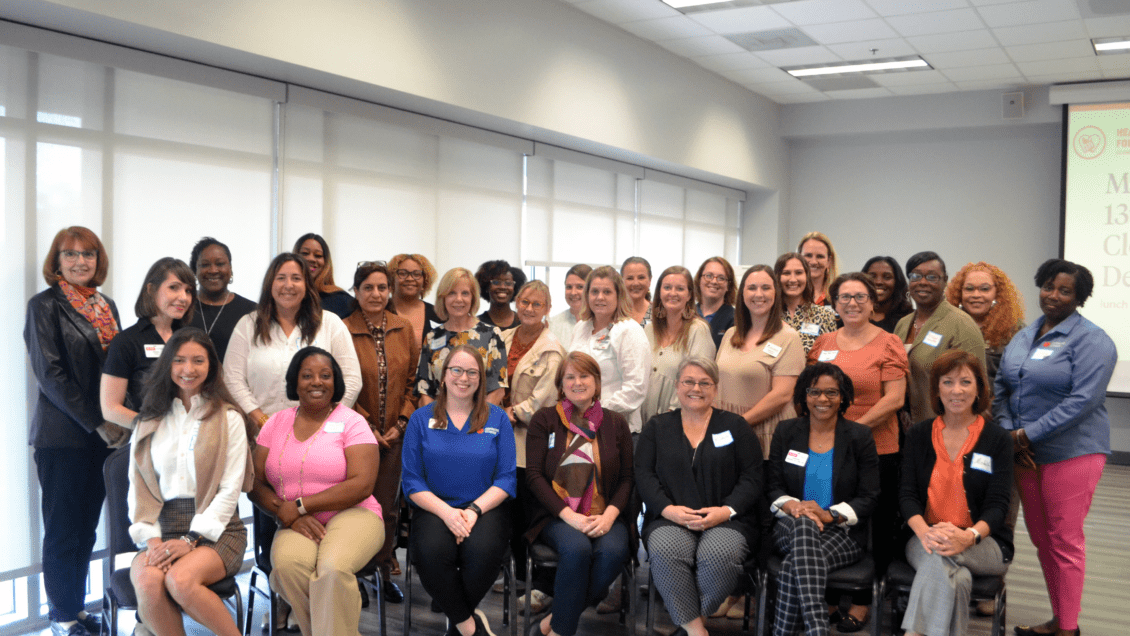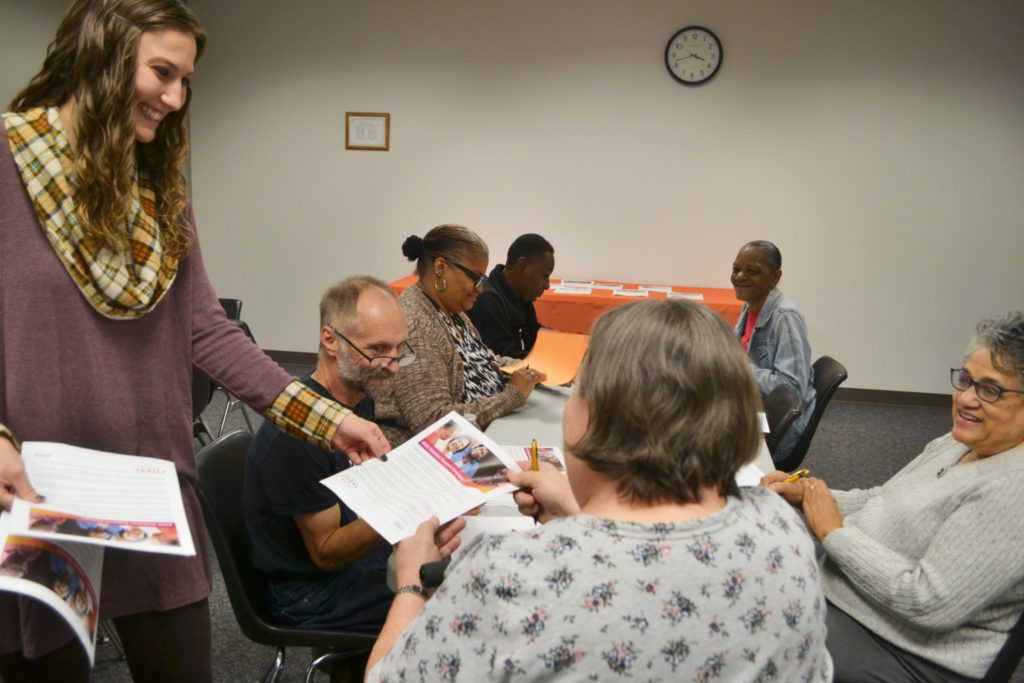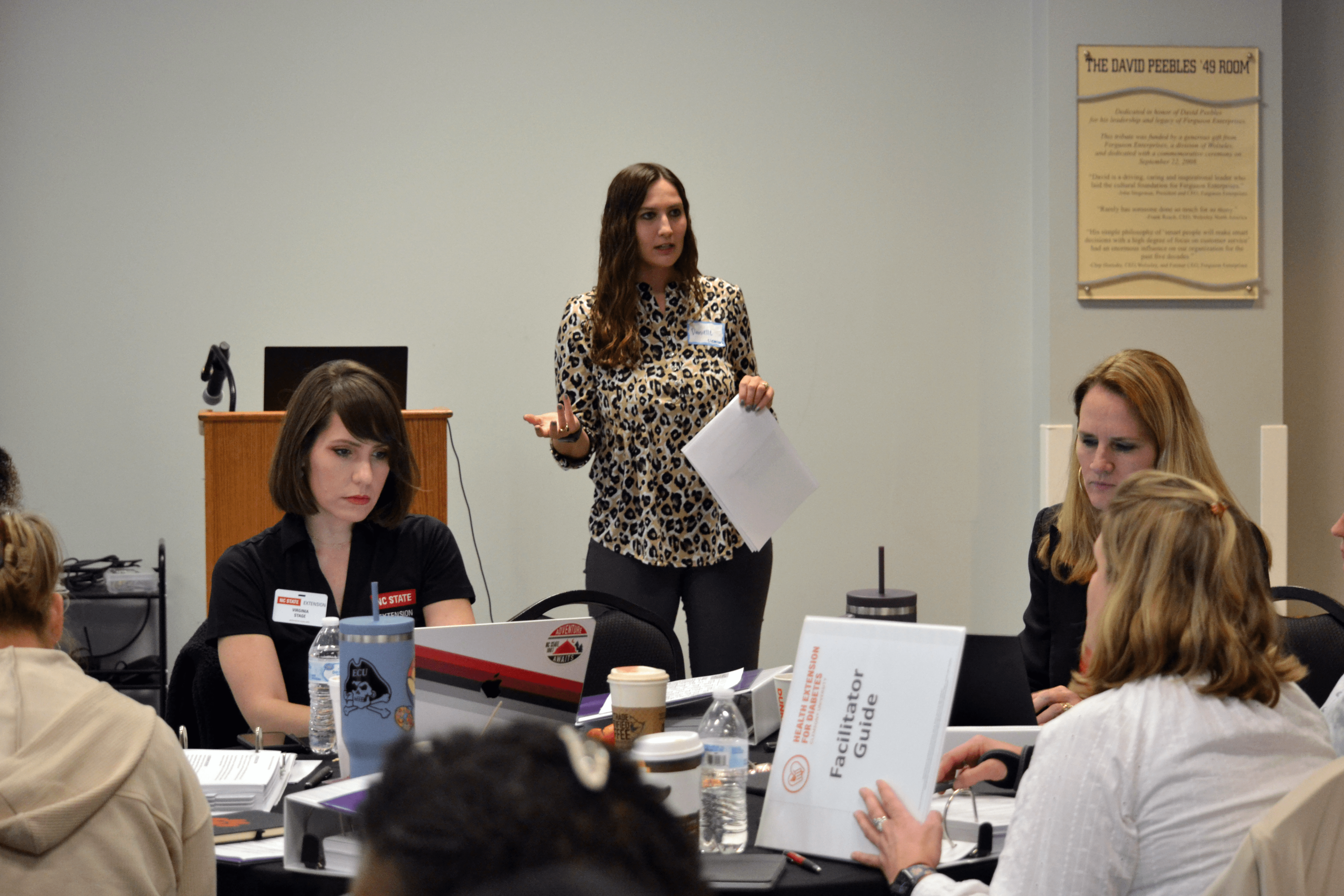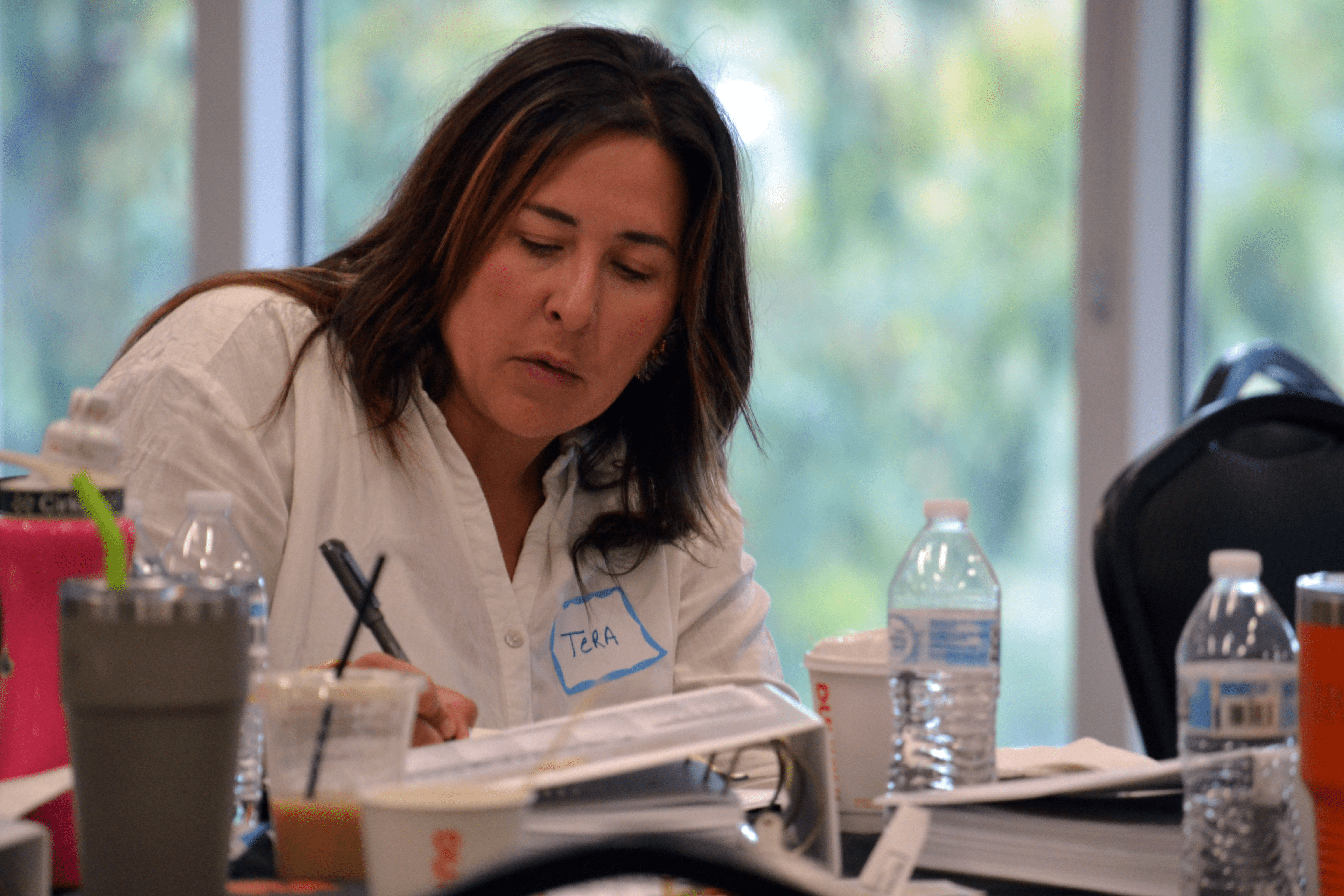
For people living with diabetes, a self-management education and support program can help drastically reduce health complications associated with the disease. Access to such programs, however, can be difficult.
According to the Centers for Disease Control and Prevention (CDC), there were only 2,158 sites across the United States delivering this type of program in 2020, while nearly 28.7 million people are living with diabetes and an estimated 8.5 million people are living with it undiagnosed.
But, through a CDC funding and cooperative agreement initiative, Clemson University is helping four states duplicate its unique diabetes education and support program to allow more people access to this important resource.
That comes as welcome news to diabetics, as it is the only program that involves the Extension Network providing diabetes education programming among all those funded across the nation by the CDC. Health Extension for Diabetes (HED) is an education and support program delivered through the Clemson Cooperative Extension Service in South Carolina and developed in 2017 through a collaborative grant-funded effort with the Clemson Department of Public Health Sciences, Clemson Extension and Prisma Health available in every county in South Carolina.
“Our research-Extension-clinical team in South Carolina will train Extension agents in Tennessee, Georgia, Alabama and North Carolina to deliver HED, which will increase access to diabetes education and support resources for people in the Southeast region of the U.S.,” said Michelle Parisi, who serves as the project co-principal investigator (PI) alongside co-PI Windsor Sherrill, Clemson University vice president for health research and professor in the Department of Public Health Sciences; Danielle McFall, Extension associate on the Clemson Extension Rural Health and Nutrition Program team; and Michelle Stancil, manager of Diabetes Management at Prisma Health in the Upstate.
The award, titled, “Health Extension for Diabetes: Program Expansion to Advance Health Equity,” is worth $1 million in the first year and is anticipated to provide 5 years of funding for the program.
This represents an exciting next step in the program. From originally serving 37 counties in South Carolina to partnering with land-grant universities in Tennessee, Georgia, Alabama and North Carolina, this program has exceeded our original hopes and plans. We are excited to expand our efforts to improve health outcomes among people living with diabetes.
Windsor Sherrill, Project CO-PI and professor, Department of Public Health Sciences, College of Behavioral, Social and Health Sciences
But what makes HED truly unique is its connections to clinical resources at hospitals with education and support in the community.

Clemson Extension agents teach people diagnosed with diabetes to adopt healthy behaviors for long-term management of the condition, thereby improving blood glucose control and lowering their risk of diabetes-related side effects.
“Through HED, we have been able to reach some of the most underserved communities in South Carolina with quality diabetes education and support resources, and HED is now available in every county in the state,” Parisi said.
The Health Extension for Diabetes program was initially funded in 2017 by a Greenville Health Authority seed grant. The program is offered both in-person and online and is also available to native Spanish speakers. The materials have been translated and adapted, and the program can be facilitated in Spanish by a bilingual Extension agent.
The program is also listed on the American Diabetes Association’s Diabetes Support Directory, a free online tool to help connect communities to a qualified, American Diabetes Association-recognized diabetes support program, and has received the State Impact Award presented by the Alliance for a Healthier South Carolina as part of its Live Healthy SC awards for 2022. This award recognizes a state-level organization or coalition that demonstrates a commitment to support and acts under the LHSC plan, using a collaborative approach for state health improvement.
“Clemson’s land-grant mission is to improve the lives of every citizen of South Carolina,” Parisi said. “Every state in the country has at least 1 land-grant university with an Extension system that directly works to improve the lives of their citizens. This initiative will not only continue to serve the people of South Carolina through Clemson’s land-grant mission but will impact community members in four additional states. The initiative will show the collective impact of multi-state initiatives through Cooperative Extension Services in our country.”






The Department of Public Health Sciences is a part of the College of Behavioral, Social and Health Sciences, a 21st-century land-grant college joining together a unique combination of schools and departments: Communication, Nursing, Parks, Recreation and Tourism Management, Political Science, Psychology, Public Health Sciences and Sociology, Anthropology and Criminal Justice. These areas have distinctive characteristics and missions – all joined together by a common thread of service to people and communities.
Clemson Cooperative Extension Service helps improve the quality of life of all South Carolinians by providing unbiased, research-based information through an array of public outreach programs in youth development, agribusiness, agriculture, food, nutrition and health, and natural resources.
Get in touch and we will connect you with the author or another expert.
Or email us at news@clemson.edu
